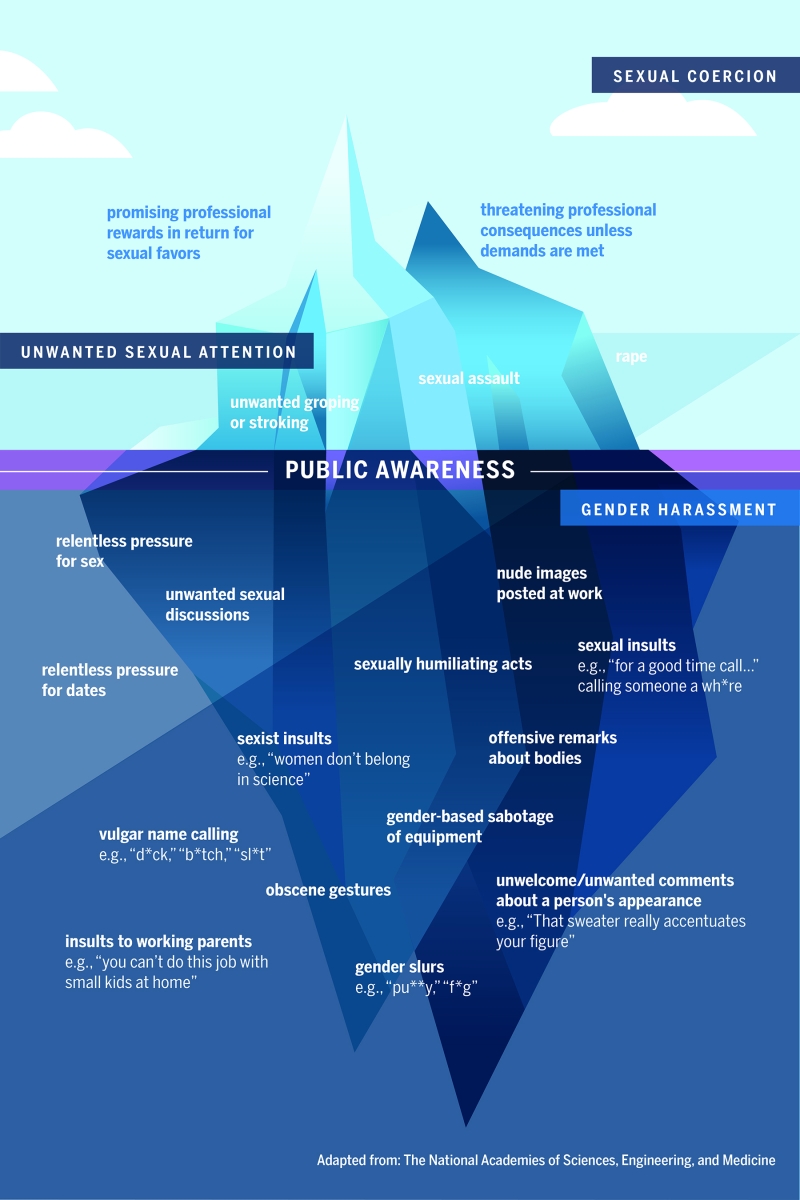The Life Sciences Institute explores biological processes, structures and functions at the finest scale to create impact on a global scale. With a diverse community of inquisitive minds and exceptional tools, we are a catalyst for breakthrough discoveries.
The LSI is comprised of faculty-led laboratories and scientific centers/cores with state-of-the-art facilities and services, and is home to more than 400 individuals at various stages in their professional careers. Our diverse team includes faculty, administrative and research staff, postdoctoral research fellows, graduate and undergraduate students, affiliates and visiting scholars from all around the world.
The LSI is committed to a climate for success that embraces every team member. We seek to be the gold standard of how members of a multidisciplinary academic community combine their talents to achieve institutional and scientific excellence. As a contributing team member, you are expected to strive for work excellence. This includes conducting your work ethically, safely and with integrity, respecting the rights and dignity of others, creating an inclusive environment, completing any required training, and complying with applicable laws, and LSI and U-M policies and procedures. These expectations apply when in the LSI building and while representing the LSI outside of the building (during work-related travel, events and meetings, conference attendance, etc.). For the U-M policies, visit the U-M Standard Practice Guide (SPG).
Each LSI team member plays a vital role in the success of the Institute’s mission, which is achieved through a commitment to the following community values:



